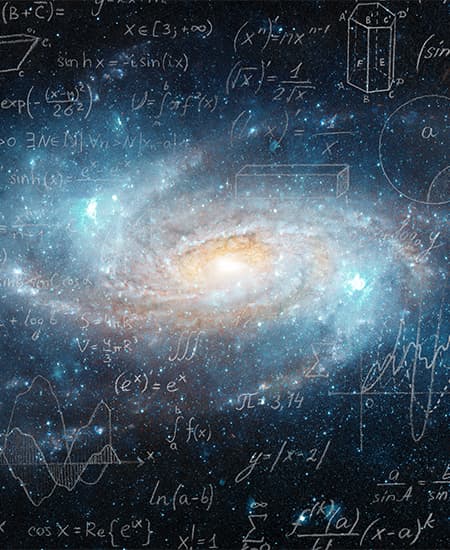Measurements of Radon Concentration in Drinking Water
The purpose of this project was to measure the radon concentration in water samples taken from water wells, tap and bottled water and also calculate the annual effective dose due to inhalation and ingestion. Radon is a radioactive gas that occurs naturally in soil, water, and air. Long-term exposure to high concentrations of radon has been linked to an elevated risk of lung cancer and stomach cancer and hence it is a significant concern for public health. Water samples from different wells were collected and radon concentration measurements were done on them using the professional AlphaGUARD PQ 2000 pro together with an Aquakit accessory. The measurement was carried out by following international standards dedicated to water radon measurements. The measured radon concentration in drinking water samples ranged between 0.04±0.01Bq/L and 2.32±0.10Bq/L.The annual effective dose was calculated using established protocols. The annual effective dose for ingestion ranged from 0.0084µsv/y to 0.49µSv/y and 0.10µSv/y to 5.85µSv/y for inhalation. The total annual effective dose from the sum of ingestion and inhalation ranged between 0.108µSv/y to 6.3µSv/y.

